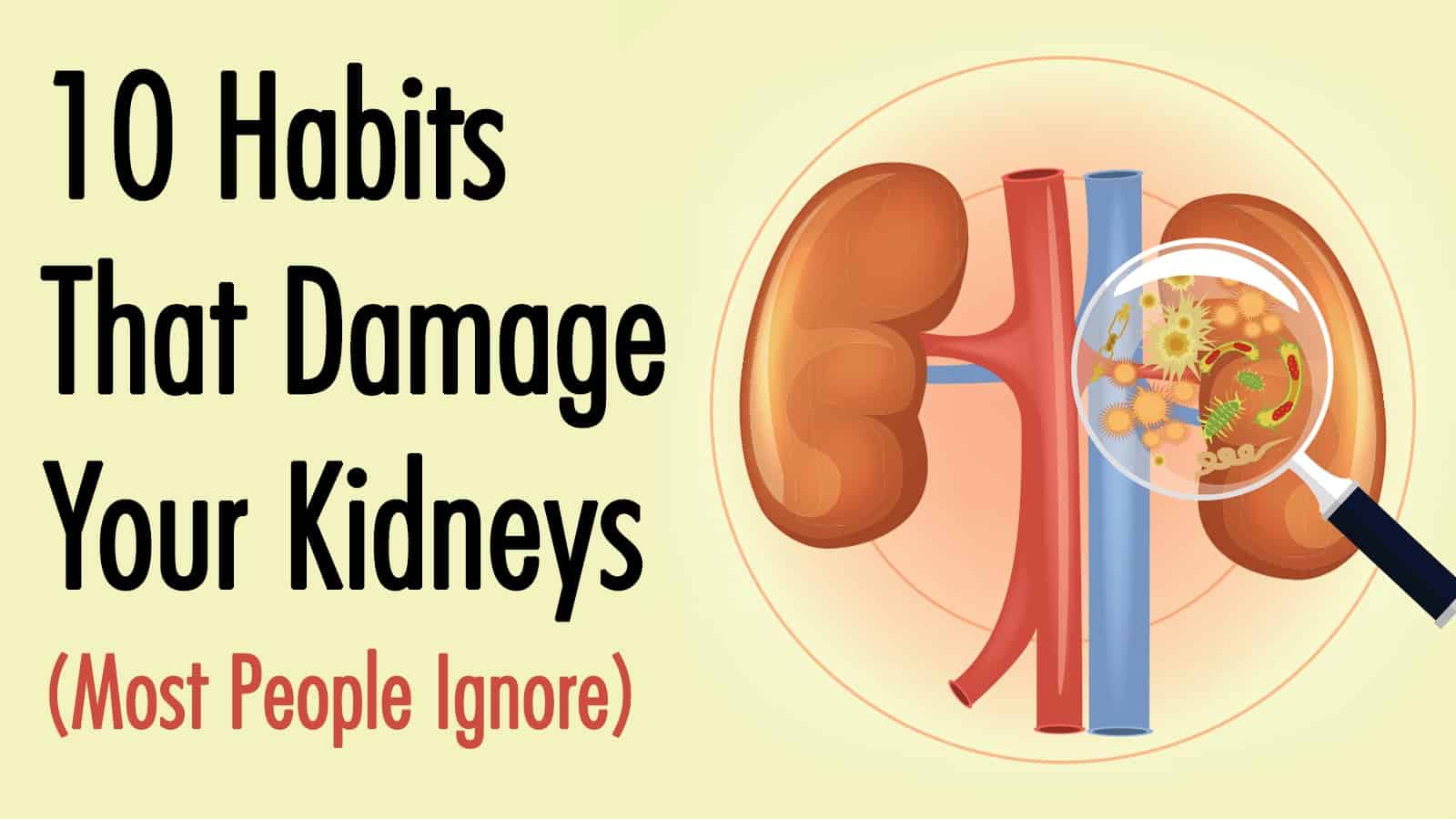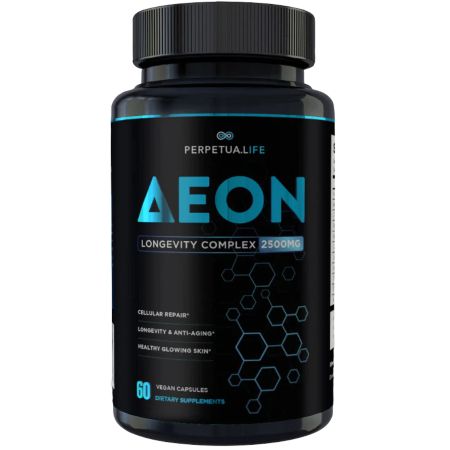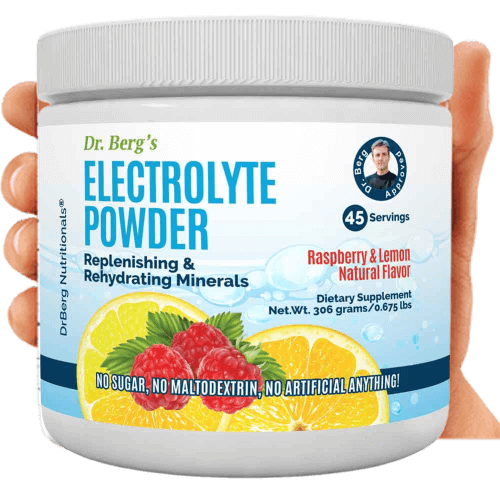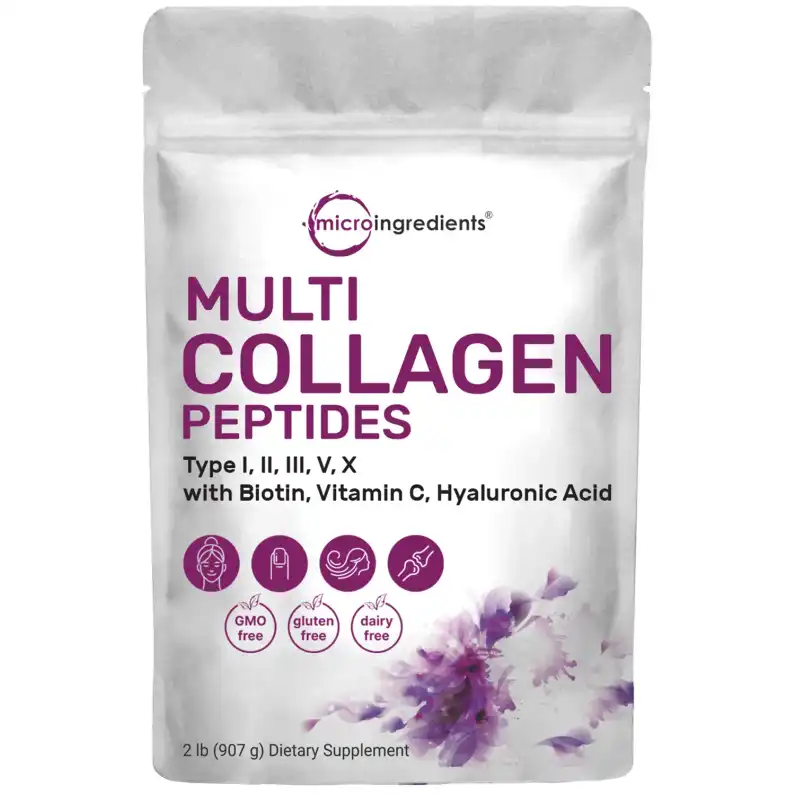10 Habits That Damage Your Kidneys (Most People Ignore)

In this article we’re going to explore various habits that damage your kidneys. As one of the most important organs in our body, the kidneys deserve our undivided attention. They perform a variety of vital functions. For example, they clean our blood, filter out toxins, absorb important minerals from the food we eat, and keep our fluid levels in check.
However, even with all their important work, we rarely give them the attention they deserve. As a result, they get bashed on a constant basis, leading to potentially life-threatening conditions. The symptoms of kidney damage may not be noticeable right away, but once they do strike, you’ll certainly feel it.
It’s not like we’re trying to harm the kidneys on purpose. However, we do a lot of stuff harm them without being aware of it.
Habits That Damage Your Kidneys
Here are some harmful habits we do that can destroy our kidneys and overall health:
Not Following Pill Recommendations
Every type of pill we’re prescribed comes with a set of ‘rules’. Doctors recommend a daily dose we often ignore, ending up with a lot of meds in our system that must pass through the kidneys. The result? Well, if it happens too often, you’re looking at serious kidney damage.
They do filter our blood, but they can only clean that much of it. Acetaminophen, ibuprofen, and other medications are quite harmful to our kidneys, especially when taken every day.
So, stick to your doctor’s recommendation and never treat diseases on your own.
Not Drinking Enough Water
In order for the kidneys to work, our body must be properly hydrated. But, ask yourself – do you really drink the amount of water you need?
Dehydration is a serious problem that can harm your kidneys and do a lot of damage to your system. Water is essential for our survival and plays a part in many important processes.
According to the National Kidney Foundation, we need something over 2.2 literes of water per day.
Stick to this or you’re putting your kidney health at serious risk.
Holding Your Pee In
When nature calls, you need to answer as soon as possible. However, most of us hold our pee in for hours thinking it’s nothing bad.
The bladder holds about 2 cups of liquid for about 3-4 hours. Anything more than that and you’re risking its health and the health of your kidneys.
This could lead to complications that can have serious consequences on your health, so whenever you need to go, try to find a bathroom as fast as you can.
Not Knowing Your Blood Pressure
Don’t know your blood pressure? Well, you need to learn about it soon enough. Not being aware of your blood pressure puts you at a heightened risk of high blood pressure, which can destroy your kidneys.
Plus, hypertension usually indicates heart problems, so you might want to check that too.
If high blood pressure runs in your family, it’s a good idea to check yours and treat it if need be.
Drinking and Smoking
Sure, we all need to relax with a cup of brandy or a beer or two. A glass of alcohol per day is completely OK. Anything more than that can be a problem for your kidneys and your overall health as well.
Smoking is even worse. Aside from raising the risk of lung cancer and other diseases, it can raise your blood pressure as well, and that means higher risk of kidney damage.
If you drink and smoke every day, you’re putting your health at an incredible risk. Do you really want that?
Overindulging in Sweets
Sweets are fine as long as you’re not eating too much of them. If you have a sweet tooth and consume too much sugar, you can be sure that your kidneys will suffer.
Sugar may damage your blood vessels and lead to diabetes, putting too much strain on your kidneys.
Even if you switch to artificial sweeteners, it won’t solve the problem. So, consume sugar in limited amounts, and you should be fine.
No Physical Activity

Physical activity is key for perfect health.
Neglecting physical activity poses a significant risk to your health, including your kidney function. If you sit on your chair in front of the computer all day long, you’re risking a whole variety of health problems.
Regular physical activity is essential as it helps improve blood circulation, maintain a healthy weight, and reduce the risk of conditions like high blood pressure and diabetes, which can directly impact kidney health.
Engaging in exercise not only supports the kidneys but also enhances overall well-being. So, it’s crucial to incorporate physical activity into your daily routine for the sake of your kidney and general health.
Start being more active – it will do your kidneys and overall health a lot of good.
Too Much Red Meat
Recent studies have linked red meat to a variety of diseases and conditions. Besides the risk of various types of cancer, red meat has been linked to kidney damage as well.
Substances in red meat such as ammonia and nitrogen can overwork your kidneys, resulting in potentially fatal problems.
Instead of getting your protein through red meat, it’s best to switch to plant-based protein sources. They won’t damage your kidneys like red meat will and will reduce the risk of kidney disease.
Too Much Sodium
Sodium is the biggest enemy to your kidneys. If you eat foods rich in sodium, you need to change your diet instantly. If you don’t, you’re risking serious kidney damage. The proper sodium intake per day is 2,300 mg.
Anything more than that will damage your kidneys and put your health at risk. Sodium is present in almost any type of food we eat, so the numbers can add up pretty quickly.
The only way to stay in the recommended range is to eat fresh fruit and vegetables and check the labels of every processed food you buy.
Dr. Berg’s Electrolyte Powder Formula
Dr. Berg’s Electrolyte Powder replenishes electrolytes and relieves muscular cramps. Dissolves easily and is ideal for promoting endurance, hydration, normal muscle function and energy. It’s also keto-friendly! Each dose includes 1000mg of potassium and absolutely no sugar, carbs, maltodextrin, or artificial additives.
Not Sleeping Well
When we sleep, the body repairs itself. If we don’t sleep enough, it wouldn’t be able to renew its cells. Just like any organ, the kidneys need the sleep to heal.
Lack of sleep also raised the risk of many other diseases and conditions, so if you know what’s good for you, you’ll get proper rest.
Bottom Line
Neglecting your kidney health can have serious consequences for your overall well-being.
Simple yet harmful habits like not following medication recommendations, inadequate hydration, holding in your urine, and ignoring your blood pressure can put your kidneys at risk.
Excessive alcohol consumption and smoking further exacerbate the problem, while overindulging in sweets and consuming too much red meat can add strain to your kidneys.
Watch your sodium intake closely and prioritize quality sleep, as these factors play a pivotal role in kidney health.
Remember, your kidneys are vital organs, so take proactive steps to safeguard their well-being for a healthier life.
Frequently Asked Questions
Multi Collagen Complex Powder, 32 Ounces
- Micro Ingredients 7 in 1 full spectrum hydrolyzed collagen peptide powder.
- The ultimate anti-aging complex that offers up to 11g of pure pasture raised collagen peptides per serving.
- Created with premium hydrolyzed collagen for complete and efficient absorption that nourishes the hair, skin, nails, and joints.
⭐⭐⭐⭐⭐ | 4.4 (437 reviews)
Read Next
ℹ️ FoodNurish is reader-supported. When you buy through links on our site, we may earn an affiliate commission without any surcharge to you.




